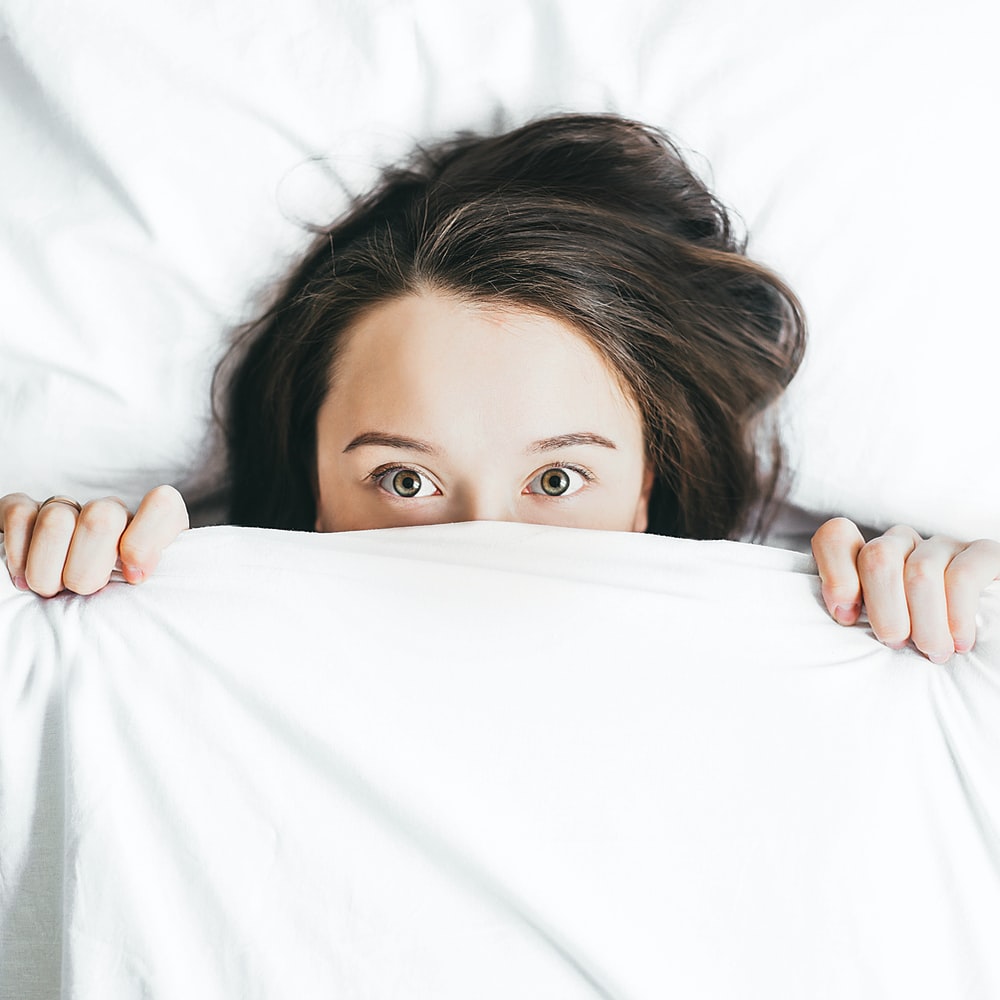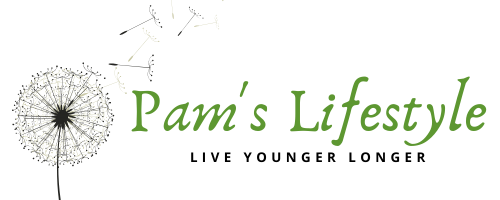
10 Oct 5 Surprising Ways to Improve Your Sleep Hygiene
It is one of those nights. My brain is jumping from thought to thought as I wake up with it chatting loudly inside my head. I look over at the clock and see that it is —2:00 am. Again. My husband Alan is snoring. I try to go back to sleep but can’t seem to get comfortable. I toss and turn and my mind starts to race and the battle for sleep is on!
I don’t know about you but I have had difficulties sleeping in the last year or so. I woke up worried about every single thing going on in the world or the smallest details about my family and friends and clients. I didn’t have these crazy worry thoughts in the daytime. Just at night. In doing some research I found out that there is a thing called sleep hygiene that can actually help you fall asleep and stay asleep. It turns out that sleep hygiene is a very real thing. Learning about Sleep hygiene from Sarah Ezrin along with starting on Shaklee’s new sleep product Dream Serene I am happy to say that my sleep has improved well…..almost OVERNIGHT! I am now going to sleep easily and staying asleep.
“What is sleep hygiene?
Sleep hygiene consists of all the behaviors you engage in throughout the day that ultimately affect your sleep. You might think that sleep habits are limited to what you do right before bed. Turns out that every choice we make from the very moment we open our eyes affects what happens when we later try to close them.
Some of the concepts are fairly intuitive, like looking at what time we stop consuming caffeine or what time we go to bed.
But did you know that what time you wake up can also affect your ability to fall asleep?
Or that simply turning the lights down after dark can significantly increase melatonin, our most important sleep chemical? Most of us know about melatonin as something we buy in a bottle, but switching our phones to night mode earlier can also help our body naturally produce it.
Here are 5 surprising ways you can improve your sleep:
- Wake up earlier. I know, I know. You’re exhausted from not sleeping all night and can barely get out of bed, but our bodies are actually primed to rise with the sun. Alarm clocks have only been around since 1787, but modern Homo sapiens are believed to have originated 200,000 years ago, while the human lineage is estimated to have started 6 million years ago! With that data, sounds like our internal clocks are way more reliable than our iPhones.
- Only use the bed for sleep. When you’re tired after a sleepless night, the bed can feel like it’s calling you by name, but according to the American Sleep Association, using our beds for anything other than sleep, like working on our computers, eating food, even watching television, can hamper our brain’s ability to associate the bed with sleep and delay falling asleep.
- Open the windows. Sleep experts agree that we sleep best in cooler, fresh-air climates, suggesting we keep our bedroom temperature between 60 and 67°F. This may sound quite cold for some of you, but research has shown that we all sleep best when cold. Turns out little 9-year-old me was onto something when she’d put her pillows in the fridge.
- When you wake up in the middle of the night, get up. Rather than tossing and turning for hours at a time, most sleep experts recommend that you actually get up and go do something, like get up and take Dream Serene or do a couple of light stretches. This is related to the brain’s associations with sleep and the recommendation that we should only be in bed when tired and sleeping. But before you reach for your phone or grab that remote, read #5 on our list.
- Paperback books for the win. A 2014 Harvard sleep study found that people who used e-books (this includes iPads/iPhones) before bed had significantly worse sleep than those who used printed books. In addition to the blue light of electronics affecting our melatonin production, the people who used the e-books were found to spend much less time in the important REM (rapid eye movement) cycle of sleep. As a result, those using their phones or tablets were both more wired before bed and sleepier in the morning than those who used printed books. Time to bring the bookstores back!
| *This statement has not been evaluated by the Food and Drug Administration. This product is not intended to diagnose, treat, cure, or prevent any disease. |
Parts of this post 5 Surprising Ways to Improve Your Sleep Hygiene by Sarah Ezrin appeared first on Shaklee Corporation.
